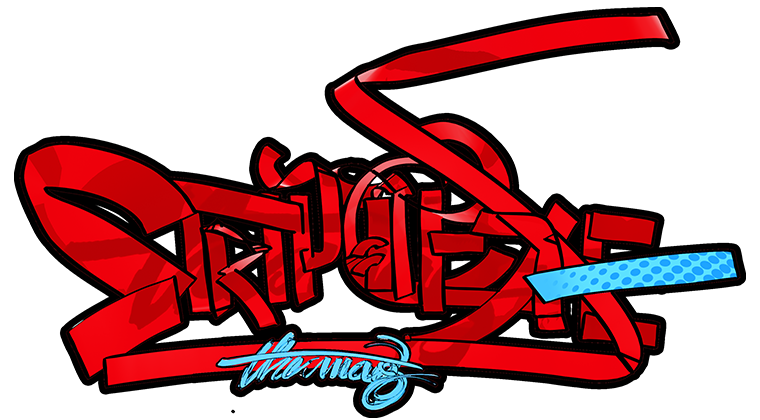LOVE, OR SOMETHING LIKE IT: Rutu Modan’s Exit Wounds
Set in contemporary Israel, Rutu Modan’s Exit Wounds is a beautiful take on relationships set against the backdrop of war-torn nation. While such stories generally have a tendency to stray into the melodrama territory, Modan’s restraint is refreshing, her comic touches making an endearing story even more relatable and real. With art reminiscent of Herge’s clear drawings as rendered in Tintin, Modan pulls off a deceptively simple story rich in strife, longing and childhood sorrows.
Koby, a cab driver in his thirties in Tel Aviv is sought out by Numi, a twenty-something female soldier serving her compulsory service in the Israeli Army, in order to identify the dead body of his estranged father, with whom Numi had been having an affair. As he reluctantly joins her in the search, both Koby and Numi are forced to confront their pasts, their fears, and most of all, themselves. Like all truly great stories, this one is a homecoming, and like all truly great homecomings, this one is metaphorical, a return to the self and what it means to be at peace with oneself, even when the world around is at loggerheads with itself.
One of the most interesting aspects of the work is the matter-of-fact way in which Modan draws Israelites’ co-existence with violence. For those of us who live in relatively conflict-free zones, the nonchalance with which the characters deal with bombings and terrorists comes as a surprise, given that the existence of loved ones is a constant threat. Indeed, the very plot at the core deals with the death of a familial relation during a terrorist attack, strained as the relationship might be. But what is even more amazing is the way the book comes across as far more than a topical or a specifically Israeli story – if anything, Koby’s angst, and Numi’s despairing longing, come across as universally human experiences. Unlike a Joe Sacco, who with a work like Palestine seeks to explore the ramifications of a politically-charged Israel, Modan takes the backdrop as an incidental matter. Which is why this is not a commentary on war- rather, it is about war being a shaping force in the forming of the character’s pivotal life moments. What is explored is how the characters react to them, while taking conflict in their stride as a matter of everyday occurrence.
Once again, it needs to emphasized upon that the art really helps in carrying forward the story, which at times seems to have nothing to say. Clear, clean lines and bold colours bring forward the texture of the Israeli geography in all its hues, cleverly disguising the conflict that resides like an elephant in the room. The body language that the characters exude is also a strong point- a lot of internal struggles, such Numi’s body issues, and Koby’s anger with his father, is revealed more with the turn of the eyes, or a posture, than it is with the sometimes dry dialogues.
This is not to say that there aren’t any problems with the book. Characterization, I felt, was a weak point. Too much seems contrived in the case of the coming together of the central characters- the love story that develops seems to emerge out of nowhere, because besides their connection to the allegedly deceased, their relationship seems rather tenuous. While the pace of the story is slow and measured, Modan seems to have been in a hurry to finish off the story – one is left wanting for more details, especially on the attraction that grows between Koby and Numi. The open-ending of the book is a surprise, and might be irksome for some- like I mentioned before, the book gives little in the way of details, and there is an urgency to know more. However, it’s not a pessimistic resolution- hope is the keyword here, and there is a tenderness which is reassuring. In bringing forth a tale which, while set against a war backdrop, is still removed from stereotypical depictions of Israel as a conflict-torn nation, Modan is able to render a story which appeals to the eternal optimist in each of us, who hopes to carve a little heaven in the midst of all the hells in the world.

